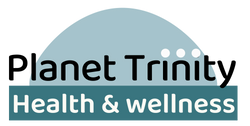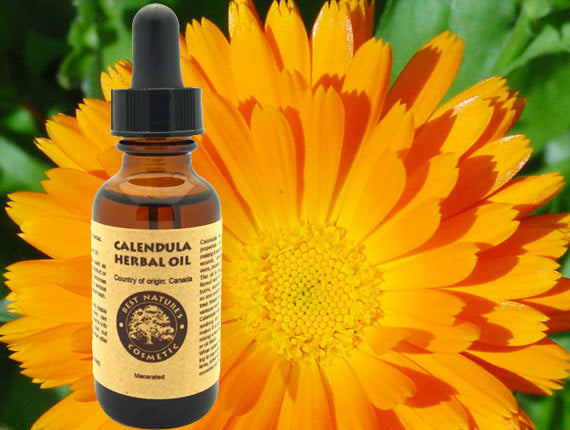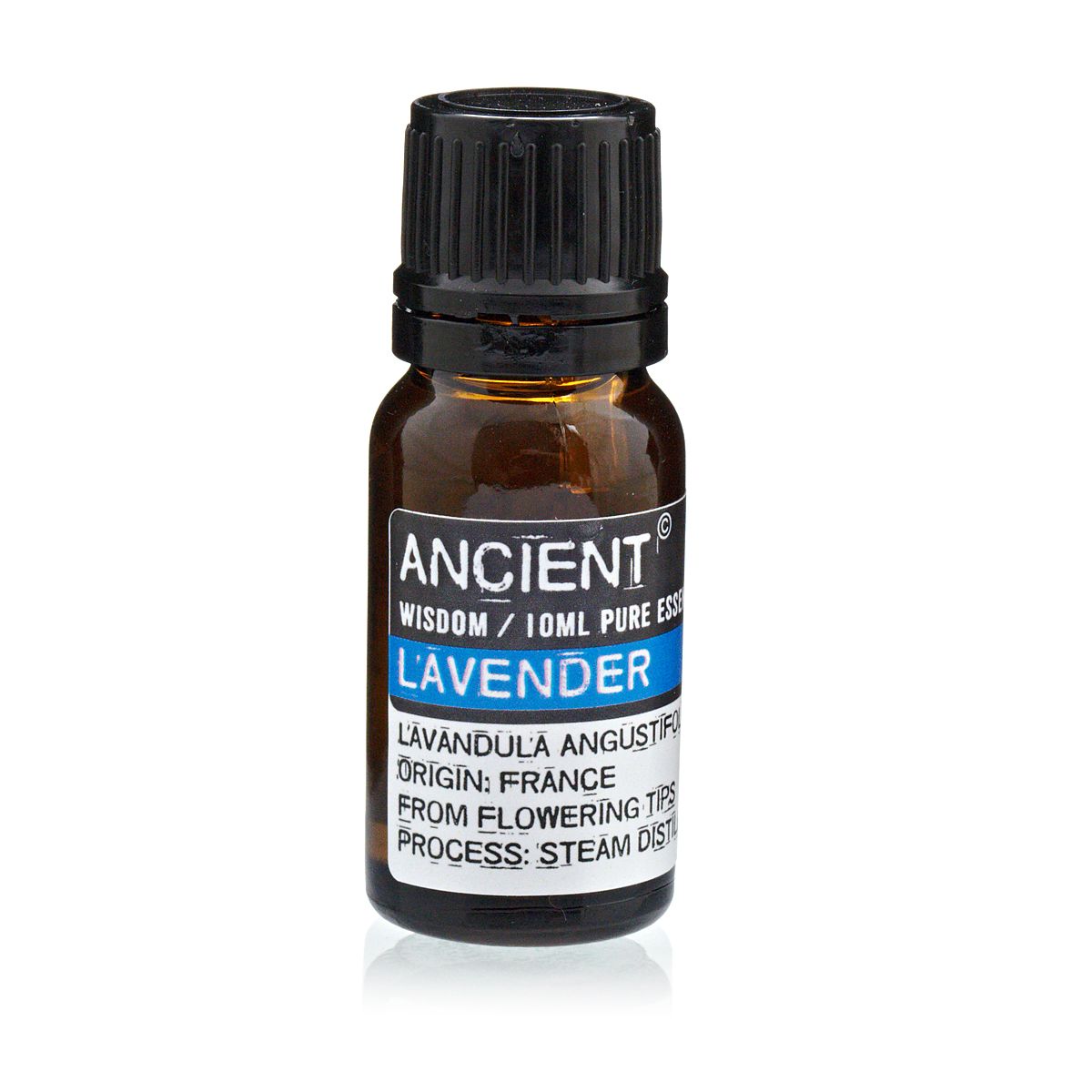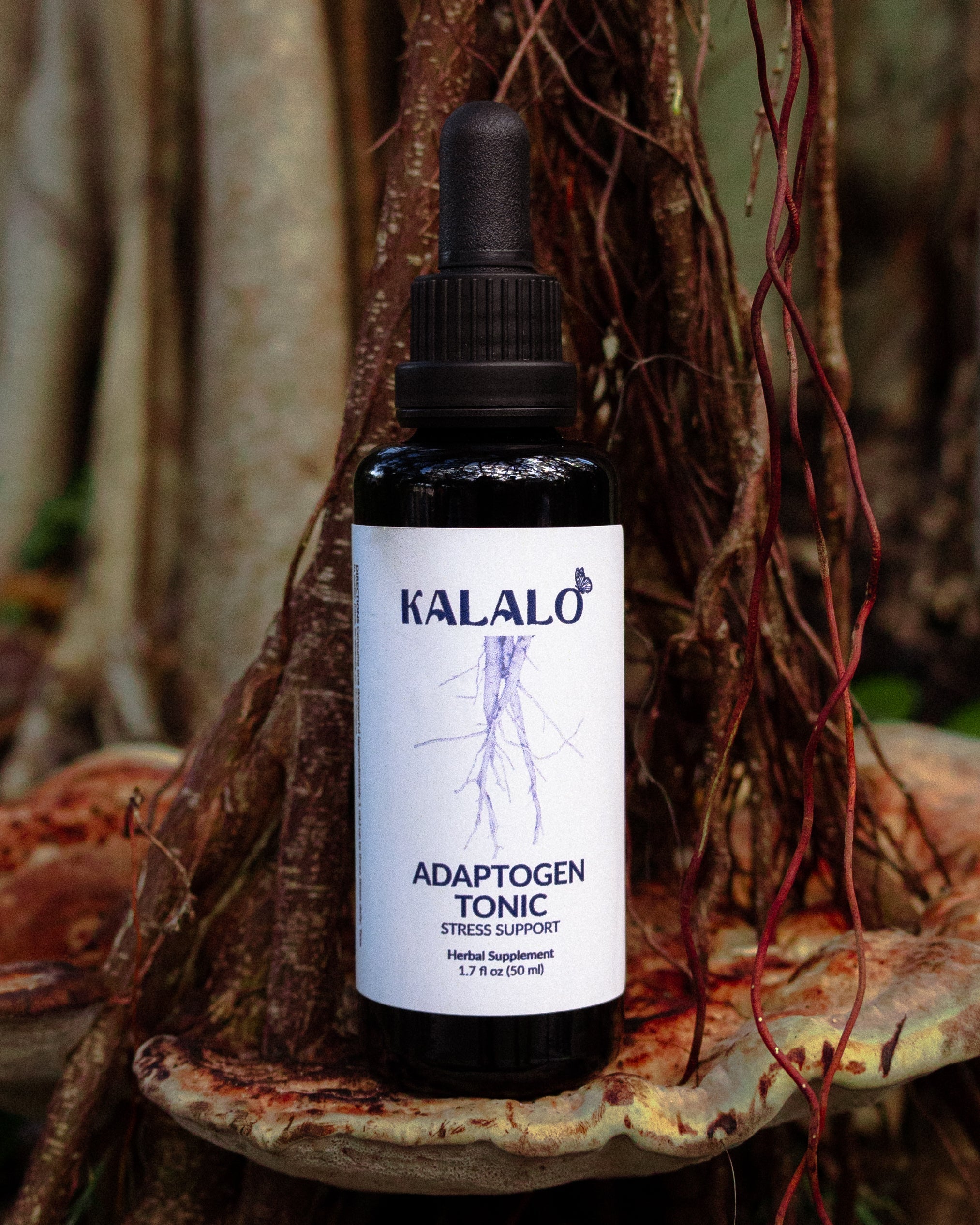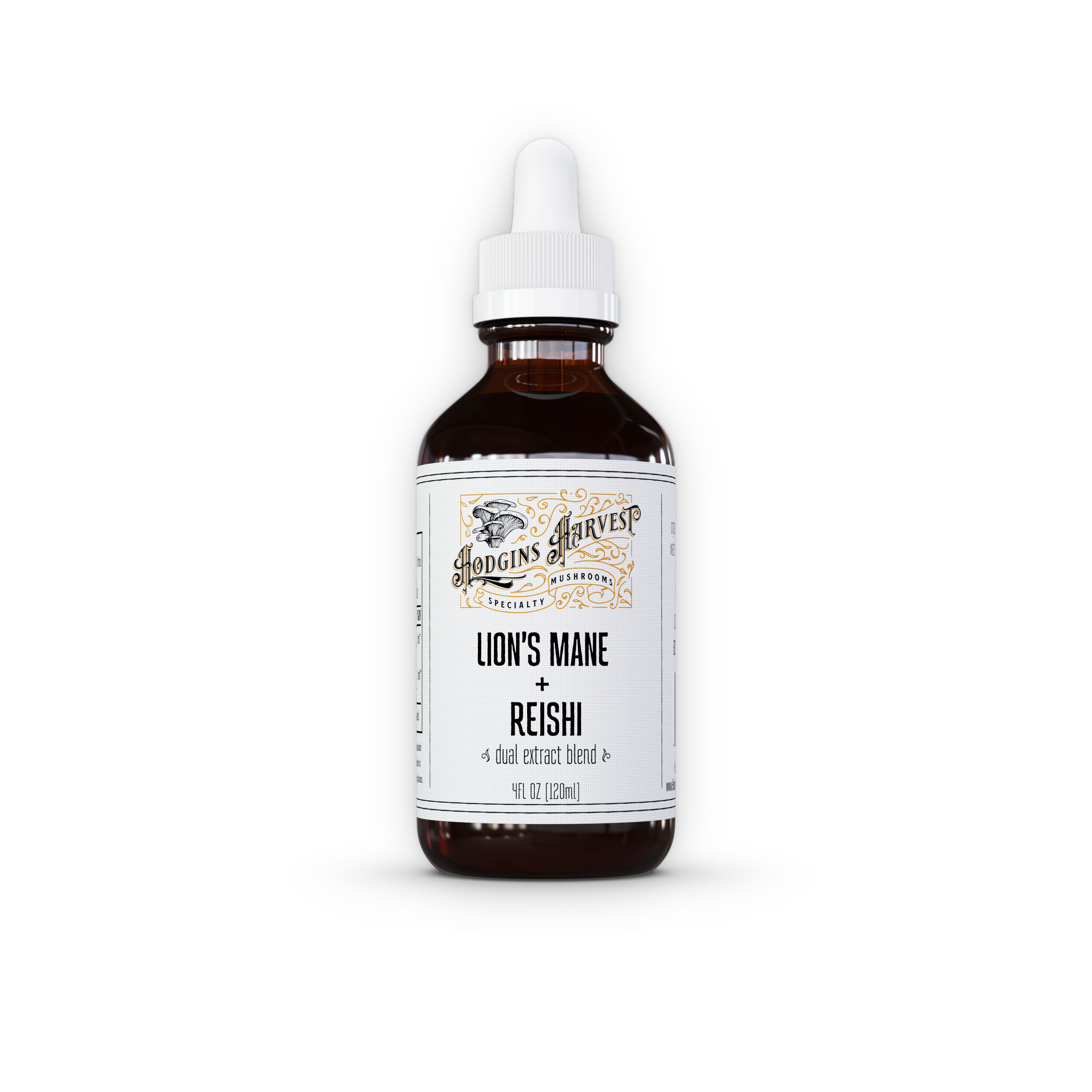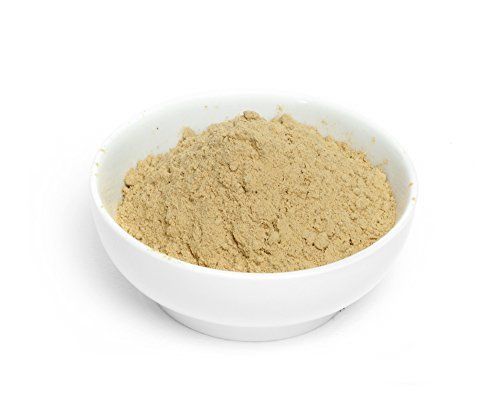
Nobody plans for an accident. Whether its on the sports-playing field, in a car accident, a fall, or another incident that involves a blow to the head -- traumatic brain injuries can have life-changing impacts. Luckily, there is help available.
Brain injuries—whether traumatic, ischemic (restricted or reduced blood flow to a part of the body), or neurodegenerative—pose significant challenges to recovery and neuronal regeneration. While medical interventions are essential, increasing evidence supports the role of specific nutrients, supplements, and lifestyle practices in promoting brain repair, reducing neuroinflammation, and supporting neurogenesis—the process of producing new neurons.
This comprehensive article explores key nutraceuticals, vitamins, minerals, adaptogens, medicinal mushrooms, diet, and activities that can support brain healing after injury. It also discusses how to pair these interventions with lifestyle strategies to optimize recovery, backed by current scientific research.
Understanding Brain Damage and Its Challenges
Brain damage impairs critical neural functions due to neuronal death, disrupted neural networks, inflammation, and oxidative stress. The key processes involved in recovery include:
- Neurogenesis: Formation of new neurons, primarily in the hippocampus.
- Neuroplasticity: Rewiring of existing neural circuits to compensate for lost functions.
- Reduction of inflammation and oxidative stress: Protecting surviving neurons from further damage.
- Mitochondrial support: Ensuring energy supply for neural repair.
Effective healing requires a multifaceted approach targeting these core processes.
Key Nutraceuticals and Their Roles in Brain Regeneration
1. Omega-3 Fatty Acids (EPA and DHA)
- Mechanism: Critical for neuronal membrane integrity, supporting synaptic plasticity, and reducing neuroinflammation.
- Research: Multiple studies (e.g., American Journal of Clinical Nutrition, 2018) suggest omega-3 supplementation enhances neurogenesis, improves cognitive recovery after injury, and reduces Chronic Traumatic Encephalopathy (CTE) and concussion symptoms.
2. N-Acetylcysteine (NAC)
- Mechanism: Precursor to glutathione, the brain’s master antioxidant; diminishes oxidative stress and neuroinflammation.
- Research: RCTs (Biological Psychiatry, 2015) show NAC reduces neuronal damage, improves mood, and supports neural repair in traumatic brain injury (TBI).
3. Curcumin (Turmeric Extract)
- Mechanism: Anti-inflammatory, antioxidant, promotes neurogenesis and supports removal of neurotoxic aggregates.
- Research: Animal models (Journal of Neuroinflammation, 2018) demonstrate curcumin enhances neurogenesis and reduces neuroinflammatory cytokines; limited human data is promising.
4. Resveratrol
- Mechanism: Polyphenol with neuroprotective effects, promotes neurogenesis via SIRT1 activation, reduces oxidative stress.
- Research: Preclinical studies suggest resveratrol enhances neuronal survival and regeneration (Frontiers in Pharmacology, 2020).
5. Magnesium
- Mechanism: Supports NMDA receptor function, stabilizes neuronal activity, and reduces excitotoxicity.
- Research: Magnesium supplementation improves recovery in TBI models (Neuropharmacology, 2012).
Beneficial Vitamins and Minerals
-
Vitamin D:
Regulates neuroinflammation and neuroprotection. Deficiency linked with worse outcomes after brain injury. Supplementing can reduce secondary damage and improve neuroplasticity (Nutrients, 2018). -
B-Vitamins (B6, B12, Folate):
Essential for DNA synthesis, myelin production, and methylation—a process crucial for neural repair. B12 deficiency impairs nerve regeneration (Neurobiology of Aging, 2017). -
Zinc and Selenium:
Act as cofactors for antioxidant enzymes, reducing oxidative stress and supporting neuronal repair.
Adaptogens and Medicinal Mushrooms for Brain Repair
-
Adaptogens (e.g., Rhodiola rosea, Ashwagandha):
Modulate stress responses, mitigate cortisol-induced neurotoxicity, and support resilience.
Research: Limited but growing evidence indicates these herbs improve neuroplasticity and cognitive recovery (Phytotherapy Research, 2019). -
Medicinal Mushrooms (e.g., Lion’s Mane (Hericium erinaceus), Reishi (Ganoderma lucidum)):
- Lion’s Mane: Stimulates NGF (Nerve Growth Factor) synthesis, promoting neuronal growth and repair.
-
Reishi: Anti-inflammatory, neuroprotective, supports immune modulation.
Research: Lion’s Mane shows promising results for enhancing neural regeneration in both animal and human pilot studies (Nutrients, 2019).
Dietary Strategies to Promote Brain Healing
-
Ketogenic Diet:
Promotes mitochondrial health, reduces neuroinflammation, and stimulates neurogenesis. Animal studies show improved repair post-brain injury (Cell Reports, 2019). -
Dietary Strategies to Promote Brain Healing (Continued):
-
Antioxidant-Rich Diet:
Consuming berries, leafy greens, nuts, seeds, and colorful fruits provides polyphenols, flavonoids, and vitamins that combat oxidative stress and support neuroregeneration (Frontiers in Pharmacology, 2018). -
Adequate Protein and Omega-3s:
Essential for repair processes, neuronal membrane rebuilding, and supporting synaptic plasticity. -
Elimination of Toxins:
Reducing intake of processed foods, refined sugars, artificial additives, and environmental toxins minimizes secondary damage and inflammation.
Lifestyle Activities that Support Brain Repair and Neuroregeneration
Pairing nutraceuticals with specific activities can optimize brain healing:
-
Physical Exercise:
Aerobic, strength, and balance exercises increase BDNF levels, support neurogenesis, and improve mitochondrial function. Studies in Neurobiology of Aging demonstrate exercise enhances recovery in brain injury models. -
Cognitive Training:
Activities such as puzzles, learning new skills, or memory exercises stimulate neural pathways and promote plasticity essential for functional recovery. -
Trauma-Informed Therapies:
Sensory integration, occupational therapy, and mindfulness reduce stress and enhance neuroplasticity, creating an environment conducive to healing. -
Adequate Sleep:
Supports brain detoxification, memory consolidation, and cellular repair mechanisms (Sleep, 2017).
Summary: An Integrative Approach to Brain Repair
Supporting brain damage recovery involves an integrative approach that combines targeted nutraceutical supplementation with lifestyle modifications. Evidence suggests:
- Key Supplements: Omega-3s, NAC, curcumin, resveratrol, magnesium, B-vitamins, vitamin D, zinc, and selenium.
- Natural Supportive Substances: Adaptogens like Rhodiola and ashwagandha, and medicinal mushrooms like Lion’s Mane.
- Diet: Antioxidant-rich, ketogenic, or anti-inflammatory dietary patterns optimize mitochondrial health and neurogenesis.
- Activities: Regular physical activity, cognitive exercises, stress reduction, and quality sleep amplify healing processes.
Final Takeaway
While brain damage can have lasting effects, the brain’s remarkable capacity for neuroplasticity and regeneration can be supported—potentially accelerated—by evidence-based nutraceuticals and lifestyle choices. Combining these strategies in a personalized, consistent manner holds promise for recovery, improved neural function, and enhanced quality of life.
Always consult healthcare professionals—neurologists, dietitians, or integrative medicine practitioners—before starting new supplements or making significant lifestyle changes, especially following injury or in the context of neurodegenerative conditions.
Disclaimer: This article provides general information and should not replace professional medical advice or treatment plans.
-
